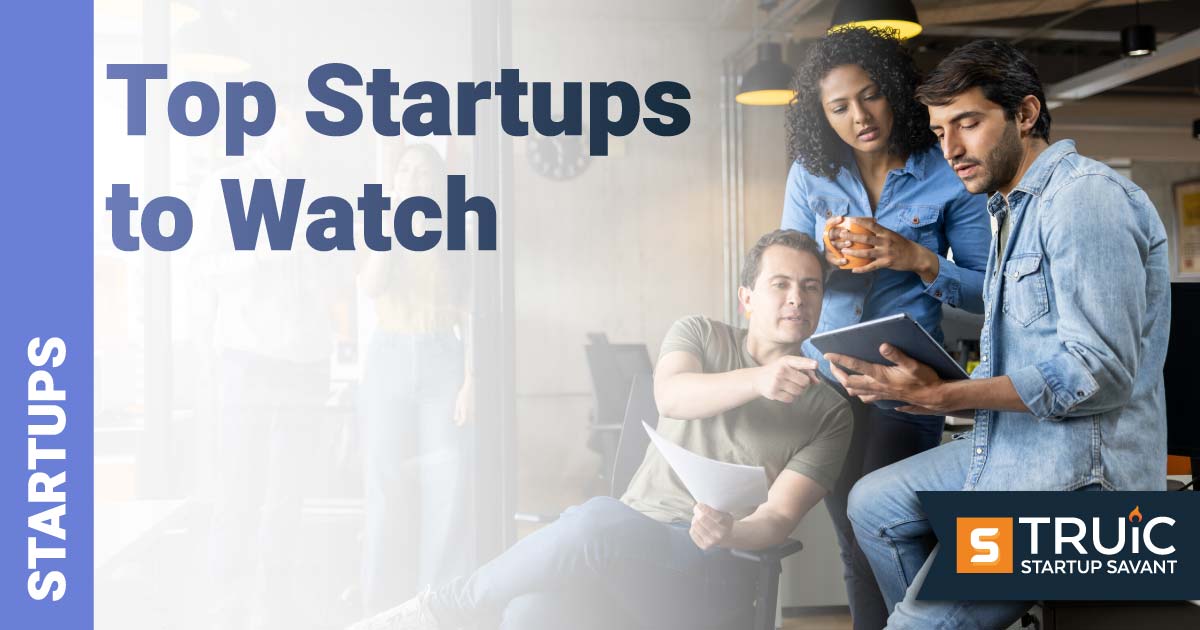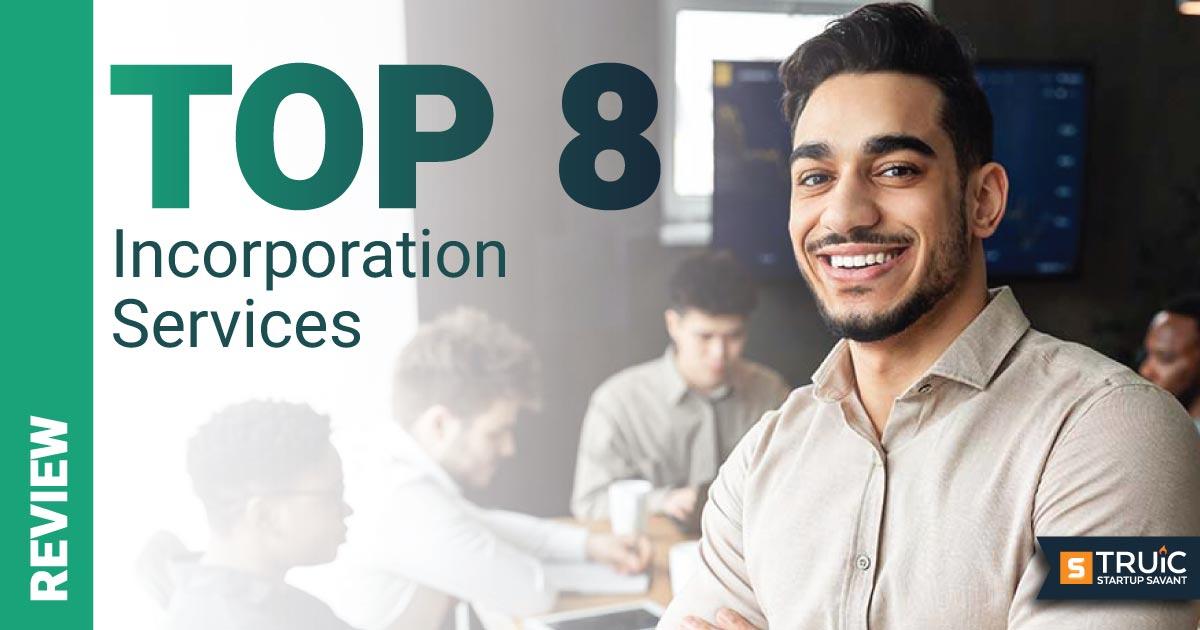Founder of Food Tech Startup Fig Shares Their Top Insights

Last Updated: By TRUiC Team
Any entrepreneur can tell you, launching a startup is a learning process. Therefore, one of the best things you can do prior to launching a startup of your own is to learn from those who have blazed the trail. Andrew Hollar, founder of food tech startup Fig, shared valuable insights during our interview that will inspire and motivate aspiring entrepreneurs.
Business Insights From the Founder of Fig
What is your #1 piece of advice for startup founders?
“After three years of building, it feels like I’ve made every mistake in the book (and I probably have). These are the three highest-level learnings I’ve had:
Work on a problem you’re passionate about: If you try to build a startup in an industry you don’t care about, you’ll burn out before you’ve finished. Most startups are grueling marathons filled with ups and downs, not short sprints.
Hire the right people: A famous startup advisor once said to hire slowly and fire quickly. He’s absolutely right. Hiring the right people is the ultimate form of mastering leverage. If you bring the right people on, you’ll free up your time to drive value that only you can. You’ll also have motivation to bring on more stellar people. If you bring the wrong people on and keep them on, you’ll spend your time feeling frustrated and fixing their mistakes.
Listen to your customers: This is obvious, but it bears repeating multiple times. We built three different products before we finally found product-market fit. We started with a browser extension, moved to a website, and then finally created a phone app. The phone app has been a stellar success for us. What’s frustrating: Our users told us in the earliest surveys that they most wanted a phone app. We resisted for a myriad of reasons, but at the end of the day (or two years, in our case), you won’t go wrong listening to your users from day one.”
What is the best method you've found to avoid burnout as an entrepreneur?
“I wish I could say I’ve always managed burnout well, but that wouldn’t be true. It’s a chronic challenge and risk that any startup founder must take seriously. Managing work-life balance and burnout starts with having the right guidelines and guardrails in place: what will you do to ensure work doesn’t take up an unhealthy percentage of your life?
To help me avoid burnout, I maintain a strict sleep schedule. If you don’t sleep well, you don’t make good business decisions, and you don’t make good personal decisions. Consistent exercise has also been critically important for me. I find I’m 10x more productive and creative when I stick to a daily workout routine. Finally, find an accountability buddy. It can be your spouse, a friend, or a fellow founder. We’re all susceptible to working too hard, and a nudge when you’re overdoing it may be just what you need.”
What is your advice for coming up with a unique startup idea?
“Solve problems you experience in your own life! If you’ve experienced a problem yourself, you’ll know that at least one person on this planet actually has that problem. The worst risk in a startup is that you try to solve a problem that's actually not a problem for anyone.
Additionally, if you solve a problem you face yourself, you’ll know when you’ve found a solution, i.e., product-market fit. If you actually use the product yourself to solve the problem, that’s a great first indication of product-market fit.”
What is your advice for overcoming challenges and failure?
“To overcome challenges, first and foremost, make sure you’re working on the right startup. If you deeply care about the problem you're trying to solve, challenges won’t stop you. They’ll just slow you down. Of course, make sure that you’re approaching the challenges in a sustainable way. You can’t solve every problem today, nor should you. As always, startups are a marathon, not a sprint.
To overcome failure, become excited by failure. Each failure point brings you one step closer to understanding what will actually work. Smart failure should be celebrated, not feared. By smart failure, I mean well-planned and executed experiments. If you're continually making the same mistakes over and over, you’re not failing the right way.”
What is the biggest lesson you learned and what can aspiring entrepreneurs take from it?
“You’ll never regret moving too fast, but you’ll always regret moving too slowly. If you move slowly, two things are eroding your edge. First, competitors are building and learning while you’re not. Second, you’re wasting time and money.
When we launched our first prototype, I was paranoid that it would have accuracy errors. I thought users would try it, find errors, and then badmouth our company online. I thought they’d never give us a chance again.
There were multiple errors with my logic. First, early users were tremendously more open-minded than I initially gave them credit for. They were excited that a founder was trying to solve a problem in their lives. What’s more, they were excited that the founder was actively seeking their input. Since we listened to their feedback and made improvements based on it, they felt like part of our founding team. They became and still are our biggest cheerleaders.
The second flaw in my logic: Our initial few thousand customers only represented a small slither of our full target market, which is tens of millions of consumers. We shouldn't have been afraid of upsetting a relatively small group of people. Instead, we should have figured out how best to serve them quickly so we'd be prepared to serve millions of similar customers later.”
What is your advice for entrepreneurs seeking funding for the first time?
“The best fundraising pitches are the ones that are impossible for investors to turn down. What makes a pitch impossible to turn down? A large target market, attractive unit economics, and a compelling claim that you are uniquely more qualified to build this company than anyone else in the world.
Most venture capital investors swing for the fences. Make them leave their first call with you thinking to themselves: "I can't risk NOT investing in this person."
Tell Us Your Startup Story
Are you a startup founder and want to share your entrepreneurial journey withh our readers? Click below to contact us today!





